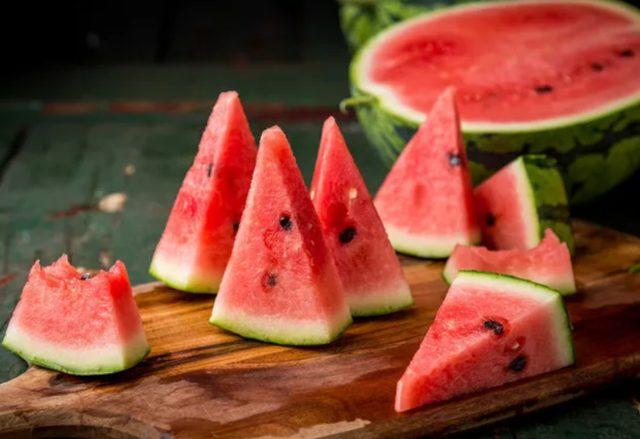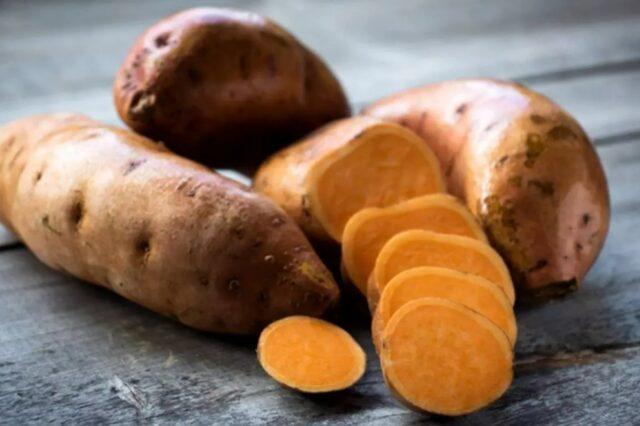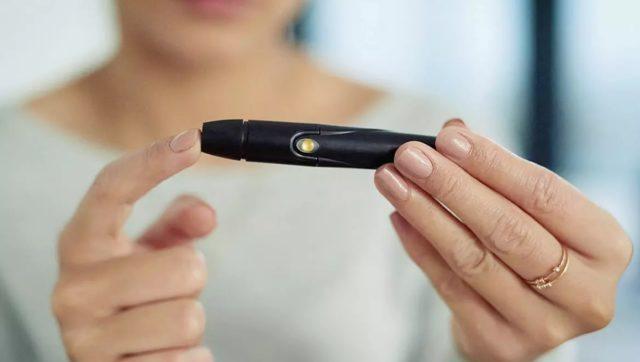Diabetes, one of the most common diseases of our age, affects the whole life. Diabetes patients need to pay attention to their nutrition in order to prevent more serious health problems. While emphasizing the importance of consuming fruits and vegetables regularly every day, an expert warned about the hidden sugars in fruits.
CAN CAUSE HIGH BLOOD SUGAR
According to Nutritionist Rob Hobson, some fruits and vegetables may not be the best choice for your blood sugar levels. Some of these healthy options have a high glycemic index (GI), suggesting that they can lead to high blood sugar levels. The glycemic index describes the rate at which your body breaks down carbohydrates into glucose, ranking foods low, medium, or high.
ATTENTION TO THESE FRUITS!
Hobson said: “High GI foods break down quickly, which causes blood sugar levels to rise sharply. Watermelon, potatoes and dried fruits rank high on this score, according to Hobson.

DIABETES PATIENTS MUST BE CONSCIOUS ABOUT THE CONTENT OF FOOD
“High GI foods can force the body to produce a surge of insulin to counteract fast-acting carbohydrates, and a common consequence of this is a feeling of hunger within two to three hours, which can make a person want to eat more.
Diabetics should be cautious about higher GI foods.”

Diabetes.co.uk added that other high GI fruits and vegetables include: carrots, parsnips, beets, sweet corn, bananas, oranges, mangoes, grapes and pears.
You should not completely stop consuming these healthy foods. Hobson explained that these healthy foods still contain beneficial nutrients. For example, potatoes are a good source of magnesium, potassium, B6, folate and vitamin C, while dried fruits contain vitamin C and minerals such as calcium and iron. The specialist concluded that patients should simply be “careful” when eating these foods.
SYMPTOMS OF HIGH BLOOD SUGAR
- Constant hunger and thirst
- drinking a lot of water
- urination a lot
- blurred vision
- Headache
- Tiredness
- losing weight
- Recurrent vaginal and skin infections
